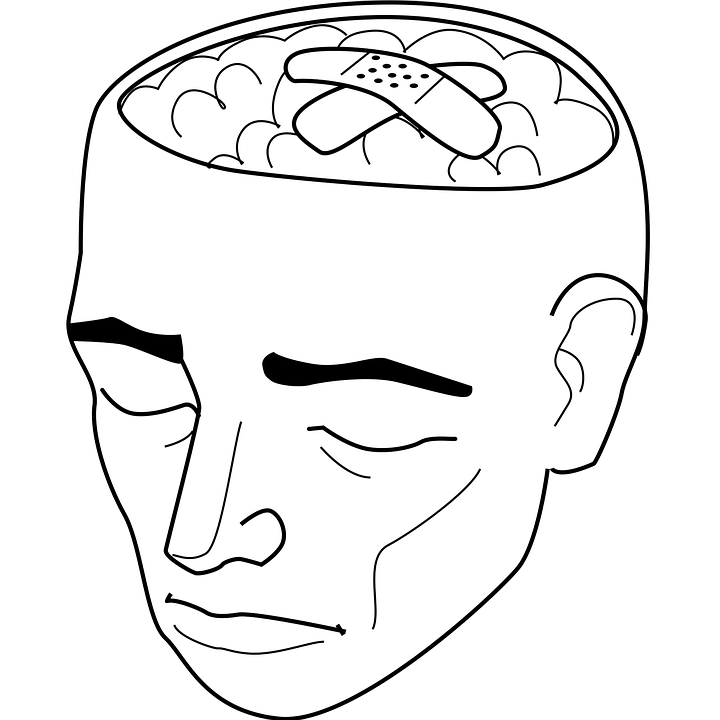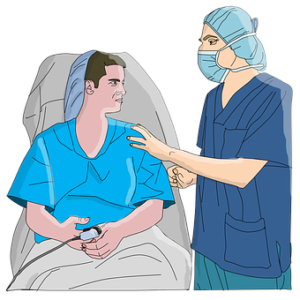Role Of Nurses In Mental Health

Different fields of nursing are considered to be challenging, but the most notable of all is the mental health. Like you know there have been various researches that have been conducted since time immemorial regarding human brain but still, a significant percentage of the functionality of human brain remains a mystery to the experts. The brain is an important organ in the body. This is why dealing with people who have mind related diseases will never be an easy task.
Treatment of mental diseases
Mental health n urses have to work with a variety of conditions that involves dysfunctional brain process. Some of the diseases nurses deal with in this case are personality issues, psychoses or psychological disorders. The core responsibility of mental health nurses is to strive and ensure that they form a therapeutic bond with their patients who are suffering from mental illness not forgetting their family.
urses have to work with a variety of conditions that involves dysfunctional brain process. Some of the diseases nurses deal with in this case are personality issues, psychoses or psychological disorders. The core responsibility of mental health nurses is to strive and ensure that they form a therapeutic bond with their patients who are suffering from mental illness not forgetting their family.
Offering mental support
People suffering from mental illness in most instances tend to be misunderstood by the society. This is because most people in the society can’t understand why those people behave the way do. This is a major challenge faced by both parents and families struggling to come to terms with conditions that deprived their loved one standard functionality. Mental health nurses are the source of support to these families.
Nursing special mental problems
Mental health nurses are dynamic people in the sense that they are capable of working in any clinical environment. They can work in mental institutions, hospitals and or even in the communities which have been dominated by people with mental problems due to drugs like bhang. Their knowledge and understanding of the theories behind all types of psychological problems make them best option when it comes to providing specialized services to people with a mental health condition.
Coordination with other health professionals
In most cases, mental health nurses are expected to be part of professionals who specialize in what can be described as lie in mental health care. These includes psychologists, occupational therapist, general practitioners, medical assistants and in some cases social workers are also involved.
Identification of extreme cases
Difficult patients are the order of the day in many mental facilities. Without well trained and disciplined nurses, such facilities would be experiencing lots of disasters on a daily basis. In these facilities, it is the duty of the nurse to spot an extreme case and immediately neutralize it before it creates a bigger problem.


 on another part of your body that is not in pain and develop sensation in that part, you will see you will take your
on another part of your body that is not in pain and develop sensation in that part, you will see you will take your  The technique requires you to mentally picture an anesthetic injection being administered to the painful part of the body. Proceed to imagine a cooling, soothing ice pack being placed on the painful part.
The technique requires you to mentally picture an anesthetic injection being administered to the painful part of the body. Proceed to imagine a cooling, soothing ice pack being placed on the painful part.